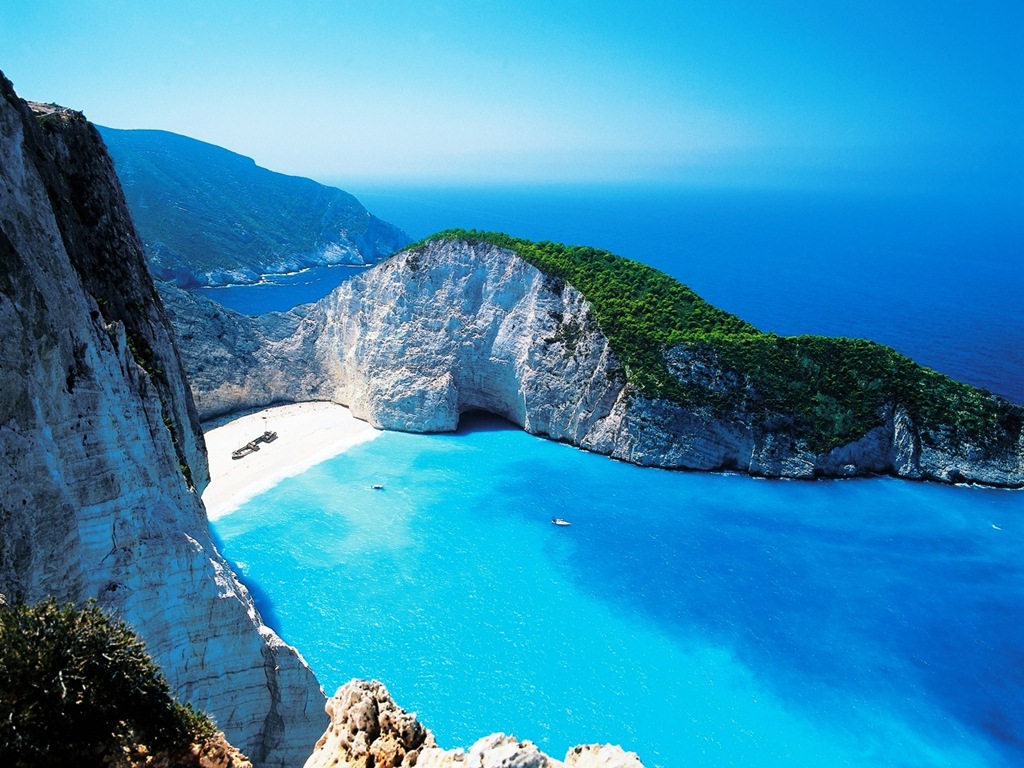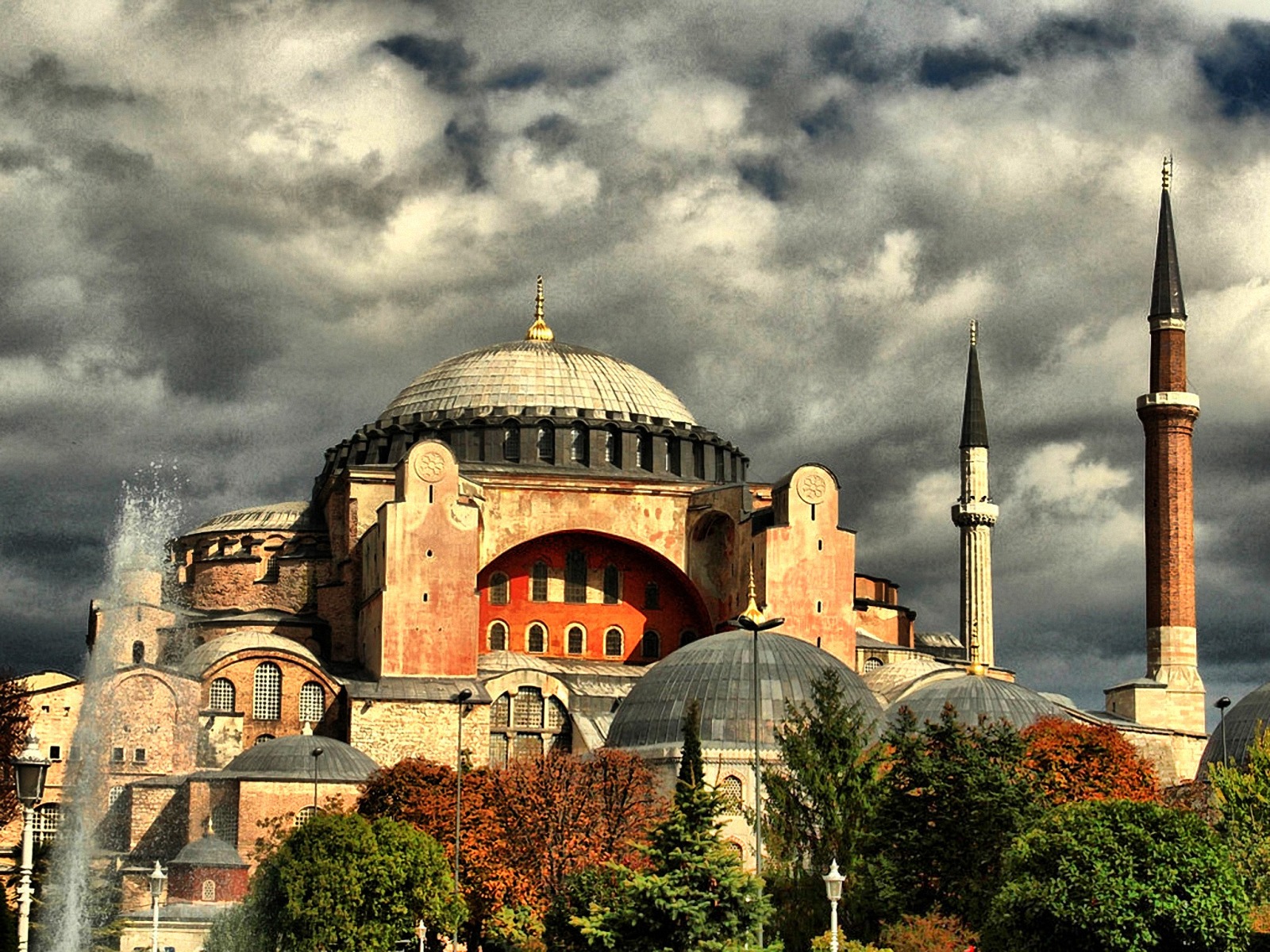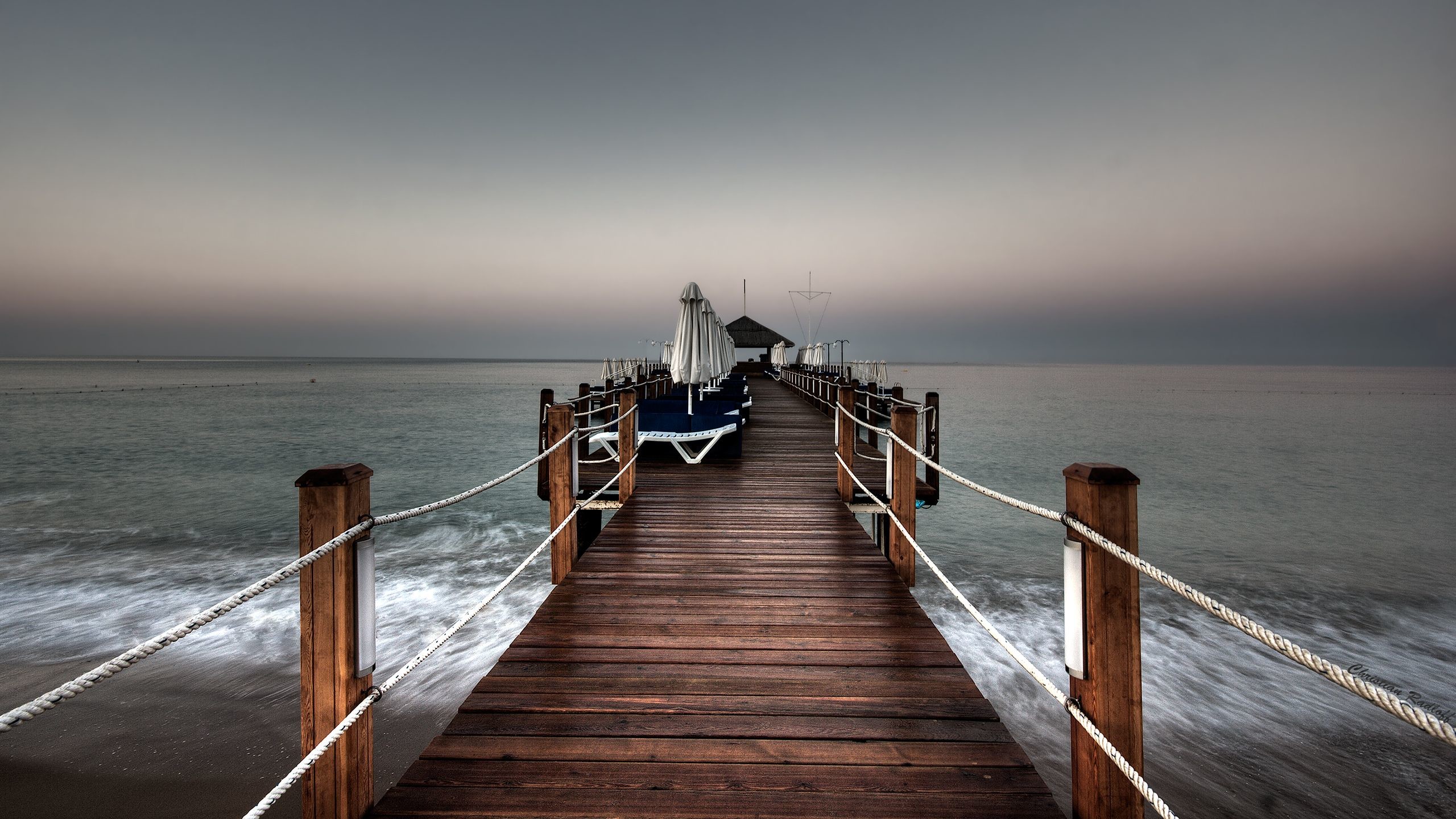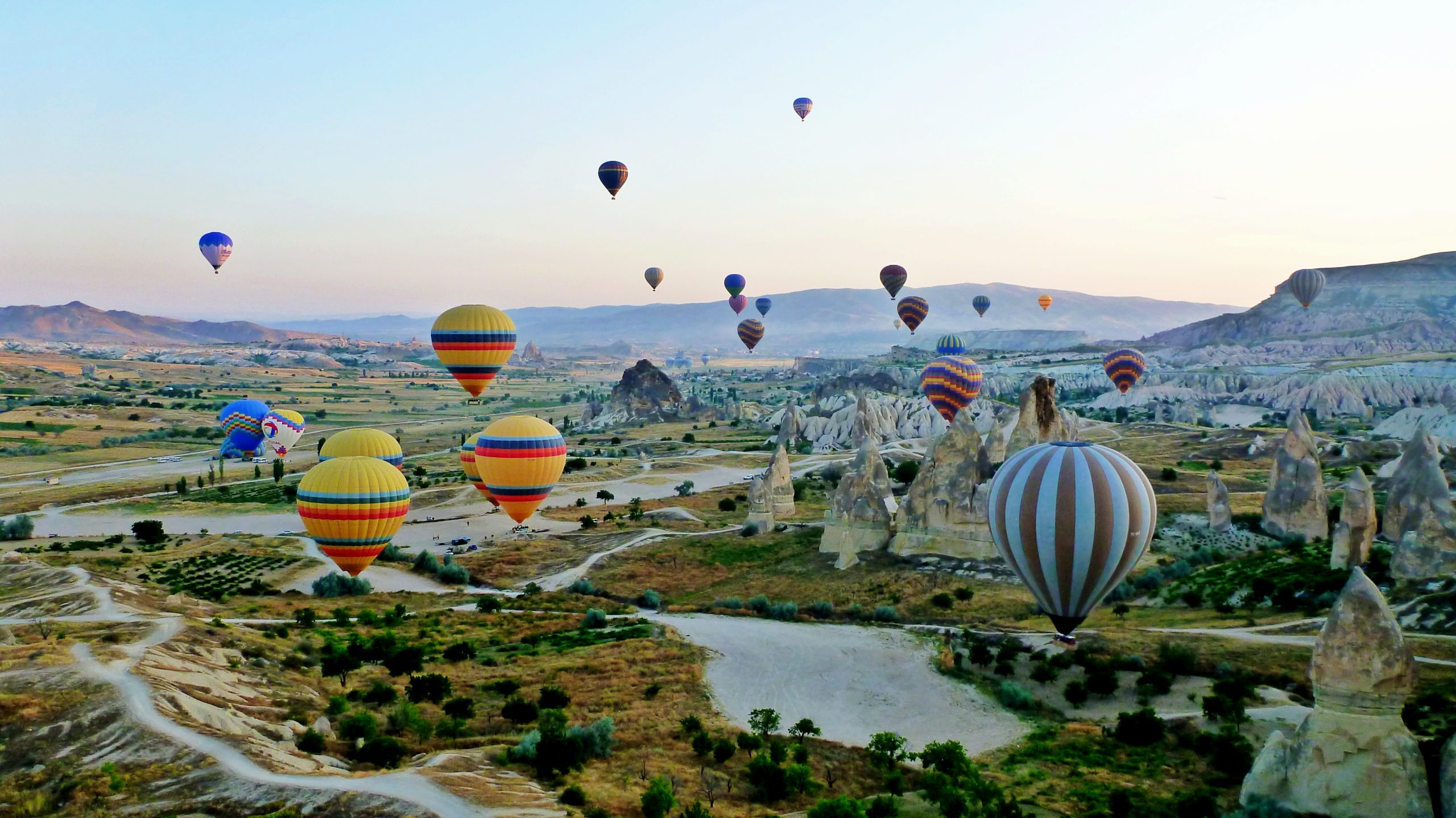The Turkish education system is under the supervision and control of the state, namely the Ministry of National Education. According to the Constitution of the Republic of Turkey, everyone has the right to receive an education. Education is compulsory from ages 6 to 14 and free in state schools. The country’s primary schools currently have a 98 percent participation rate.
The academic year in Turkish education institutions generally begins in the mid-September or early October and continues to May or early June. There is also a two-week winter break in February.
Stages of the Education System:
Pre-School Education: Optional kindergarten education, up to 6 years of age.
Primary Education: Compulsory and free basic education for eight years (5 years elementary + 3 years secondary), 6-14 years of age.
Secondary Education: 4 years of High School (Lise), or Vocational High School education, 15-17/18 years of age. Some schools might have an additional year of language study. High schools are mostly owned by the government and provide free education.
Higher Education: 4 years of University, or 2 years at Higher Vocational Schools. Some schools have an additional year of language study. Under normal circumstances, Master’s study lasts 2 years; Ph.D. 3-5 years. This category includes all educational institutions which will provide post-secondary education. They are under the supervision of the Higher Educational Council (YOK).
Turkish universities offer:
* Associate’s degree programs
* Bachelor’s degree programs
* Graduate programs
* Post-graduate programs.
Types of Higher Education Institutions:
Public Universities: The university system in Turkey is governed by the Higher Educational Council (YOK). Turkey has 112 state and 72 private universities (a total of 184 institutions of higher learning), of which 8 foundations higher vocational schools serve the job market.
Generally, undergraduate education takes 4 years at universities, but some fields such as medicine (6 years), dentistry (5 years), and veterinary science (5 years) take longer. The medium of instruction at some state universities is English, German or French. Therefore, all correspondence with the university staff and applications to the faculties can be done in English, German or French. However, instruction language at state universities is mostly Turkish. When entering the exam at the university, the knowledge of Turkish is not necessary. Those who pass the exams, and have only a little knowledge of Turkish, are considered to take one year of language foundation to gain proficiency in the Turkish language.
Graduate-level programs consist of master and doctoral programs, coordinated by institutes in universities. Medical specialty programs are carried out within the faculties of medicine and the training hospitals owned by the Ministry of Health and the Social Security Institute (SGK).
Higher Vocational Schools: They offer 2 years of undergraduate study after high school. The graduates of 2-year programs are awarded the Associate’s or Pre-Bachelor’s Degree.
Private or Foundation Universities: In Turkey, private foundations obtained the right in 1984 to establish and develop universities. They were established with the fundamental aim of creating a center of excellence in higher education and research. Private universities take more active initiatives to form and to select international and global educational and research networks. The medium of instruction in most private universities is English. Almost all have one year of English study for those whose level of English is not found to be proficient upon entrance.






